In 2006, Oracle began trying to abscond with RHEL’s paying user base. On Thursday, Microsoft announced that it’s now going to give Oracle a similar treatment. What’s that they say about paybacks?
Microsoft has declared war on Oracle, which is the type of story I wish was on Netflix. If it were, I’d make some popcorn, mix it with some M&Ms, sit back and binge watch. As it is, I’ll have to watch it unfold the old fashioned way, as it happens.
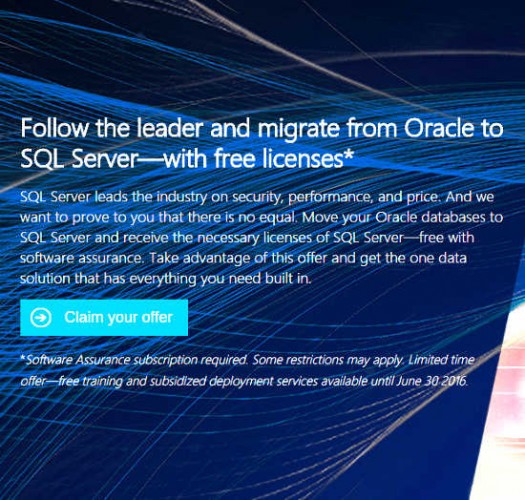
Some of you might remember the hostilities which broke out between Red Hat and Oracle after Red Hat acquired JBoss. Until then, the two companies had worked hand in hand in something of a partnership which saw Red Hat helping its customers get Oracle’s business stack up and running on RHEL servers. According to news reports of the day, Oracle’s head honcho, Larry Ellison, thought he had Red Hat in his back pocket and happily referred clients who were interested in migrating Oracle’s stack to Linux from Unix or Windows to the Raleigh, N.C. based company.


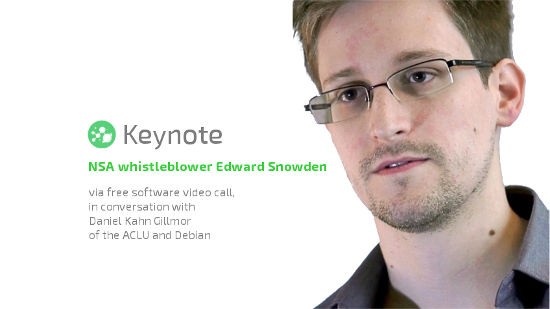
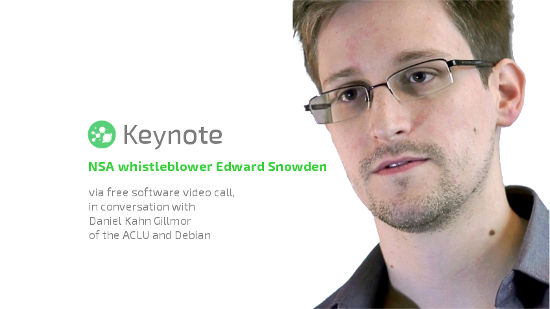

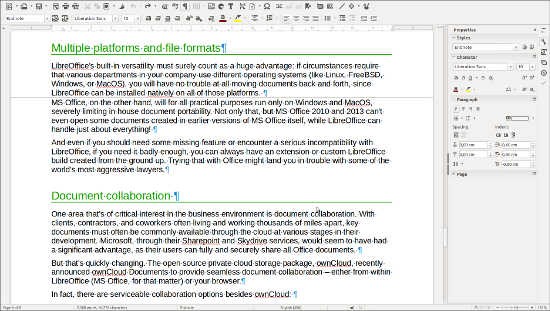
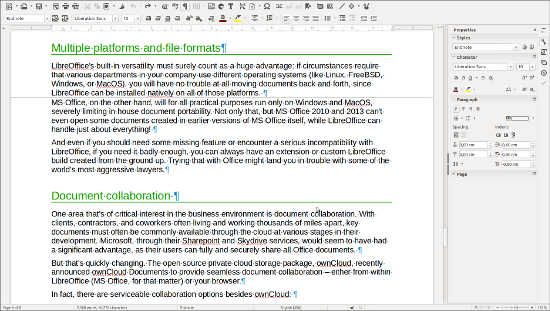

 However, the German online publication Pro-Linux.de this week reported (in German, but Google Translate works wonders) that
However, the German online publication Pro-Linux.de this week reported (in German, but Google Translate works wonders) that 
 I wholeheartedly agree. However, there are entities like Microsoft whose open source endeavors are based solely on greed and who don’t deserve to wear the mantle of open source citizenship. They’re players, pure and simple. Microsoft only “loves” Linux because it has figured out a way to sell it. Maybe one day…but not today.
I wholeheartedly agree. However, there are entities like Microsoft whose open source endeavors are based solely on greed and who don’t deserve to wear the mantle of open source citizenship. They’re players, pure and simple. Microsoft only “loves” Linux because it has figured out a way to sell it. Maybe one day…but not today.

